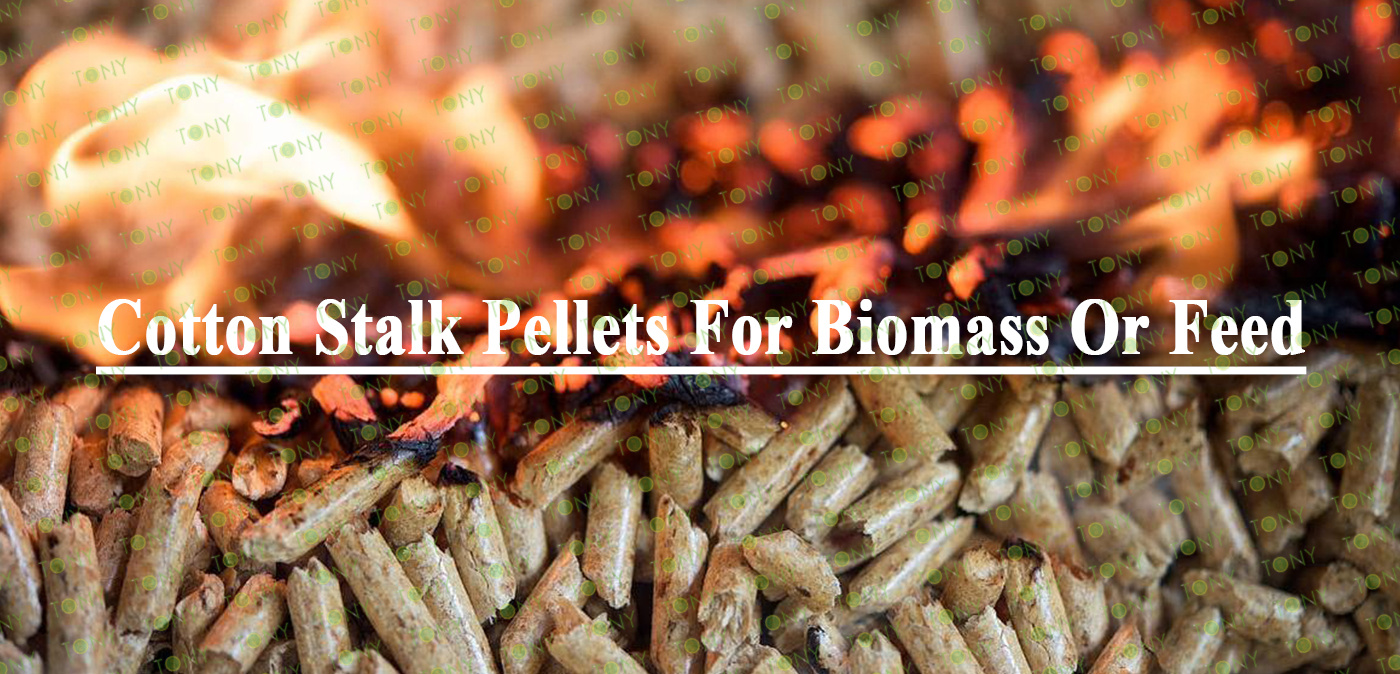The value of straw pellet machine is not limited to "waste treatment" and "energy production", but also promotes the deep integration of agriculture and environmental protection, forming a sustainable circular economy model:
Increase farmers' income: agricultural and forestry waste has changed from "burden" to "commodity", and straw, rice husks, etc. per acre of farmland can be sold to pellet processing plants to obtain hundreds of yuan of additional income, directly increasing farmers' enthusiasm for participating in environmental protection;
Fertilizer return to the field: The ash after burning biomass pellets is rich in potassium, calcium, phosphorus and other elements, which is a high-quality organic fertilizer. It can be directly returned to the field to improve soil fertility and realize the closed loop of "planting → waste → fuel → fertilizer";

Industrial linkage: Pellet processing has driven supporting industries such as crushing, transportation, and equipment manufacturing, forming an integrated economy of "environmental protection + agriculture + industry", turning environmental protection from "cost input" to "benefit output".
The non-renewable nature of fossil energy determines that it will eventually withdraw from the stage of history. As the only renewable carbon-based energy that can be "stored" and "transported", biomass energy is one of the core options to replace fossil energy. However, unprocessed agricultural and forestry waste has low density (about 0.1-0.2 tons/cubic meter), high transportation cost, and low combustion efficiency (only 20%-30%), making it difficult to apply on a large scale.
The biomass pellet machine increases the fuel density to 1.1-1.3 tons/cubic meter through compression molding, and the combustion efficiency is increased to more than 80%. It is also easy to store (can be stacked for 1-2 years) and transport (cost is reduced by more than 60%), which directly promotes the industrialization and large-scale utilization of biomass energy. At present, the global annual production capacity of biomass pellets has exceeded 30 million tons. In the EU, China and other regions, biomass pellets have become one of the main renewable energy sources for power generation and heating, providing solid support for the realization of the "carbon peak and carbon neutrality" goals.





















